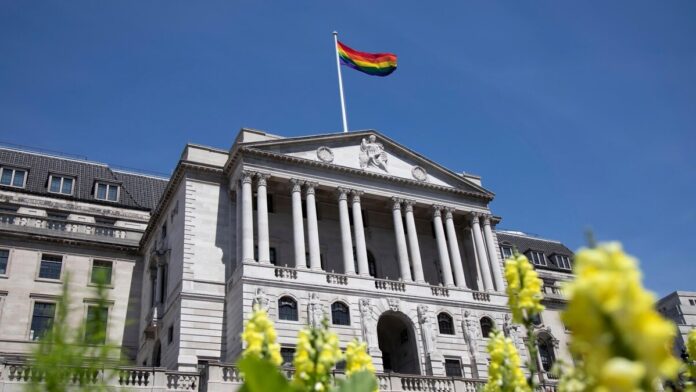Fears of an “inflationary spiral,” the Prime Minister stated yesterday, had limited the amount of assistance the government could provide in the cost-of-living crisis.
This is a difficult notion to communicate to millions of people who have seen their energy bill direct debits more than double, while their take-home pay has decreased due to national insurance increases. Indeed, the more basic direction of causality is the opposite way around: lower energy price increases lead to lower inflation rates.
The logic isn’t brand new. In a letter outlining its approach to compensation for public sector workers in December, the Treasury made the same argument, saying that increases could “add to greater wage expectations across the country.”
The danger of an “inflationary spiral” is that these increases will speed up. As the Bank of England seeks to deal with inflation topping 8% or 9%, short-term interest rates are now likely to touch 2.5-to-three per cent, with the trend continuing tomorrow.
At the same time, analysts are beginning to predict that the same cost-of-living crisis will throw the economy into reverse. This isn’t a rocket science situation. Government support has only somewhat offset what may be a £40 billion increase in consumer energy costs, the equivalent of an 8p increase in the basic rate of tax.
At the same time as tax increases, this money is taken directly from household disposable income. This means that, in only one year, real consumer purchasing power will plummet to levels not seen since the 1940s.
After accounting for the extra Jubilee Bank holiday, some experts predict little growth or even a decline in the size of the economy for the current three-month period from April to June. Even as interest rates rise, the probability of a recession is increasing.
This is the “narrow route” that the Bank of England’s Governor claims his institution will have to travel in the coming months, as both growth and inflation are headed in the wrong direction at the same time. However, it is a road that may push British families even further away from their typical routine.

















